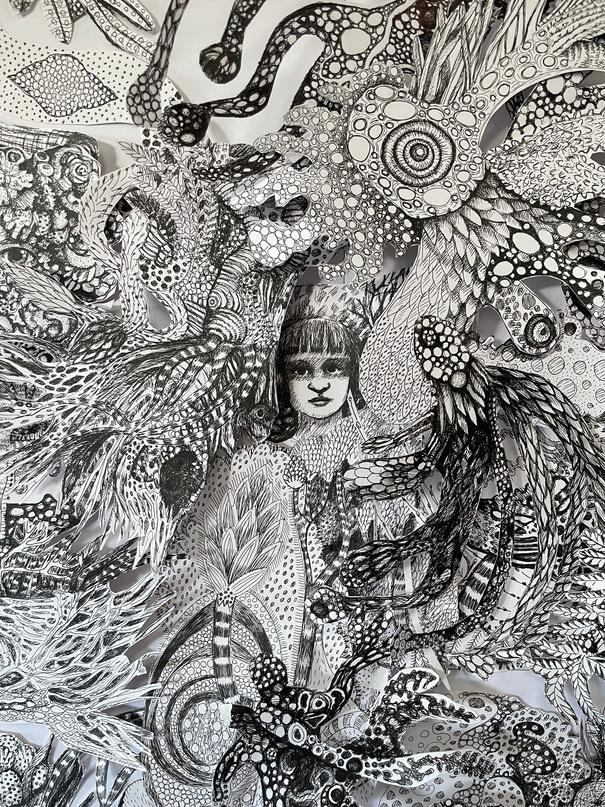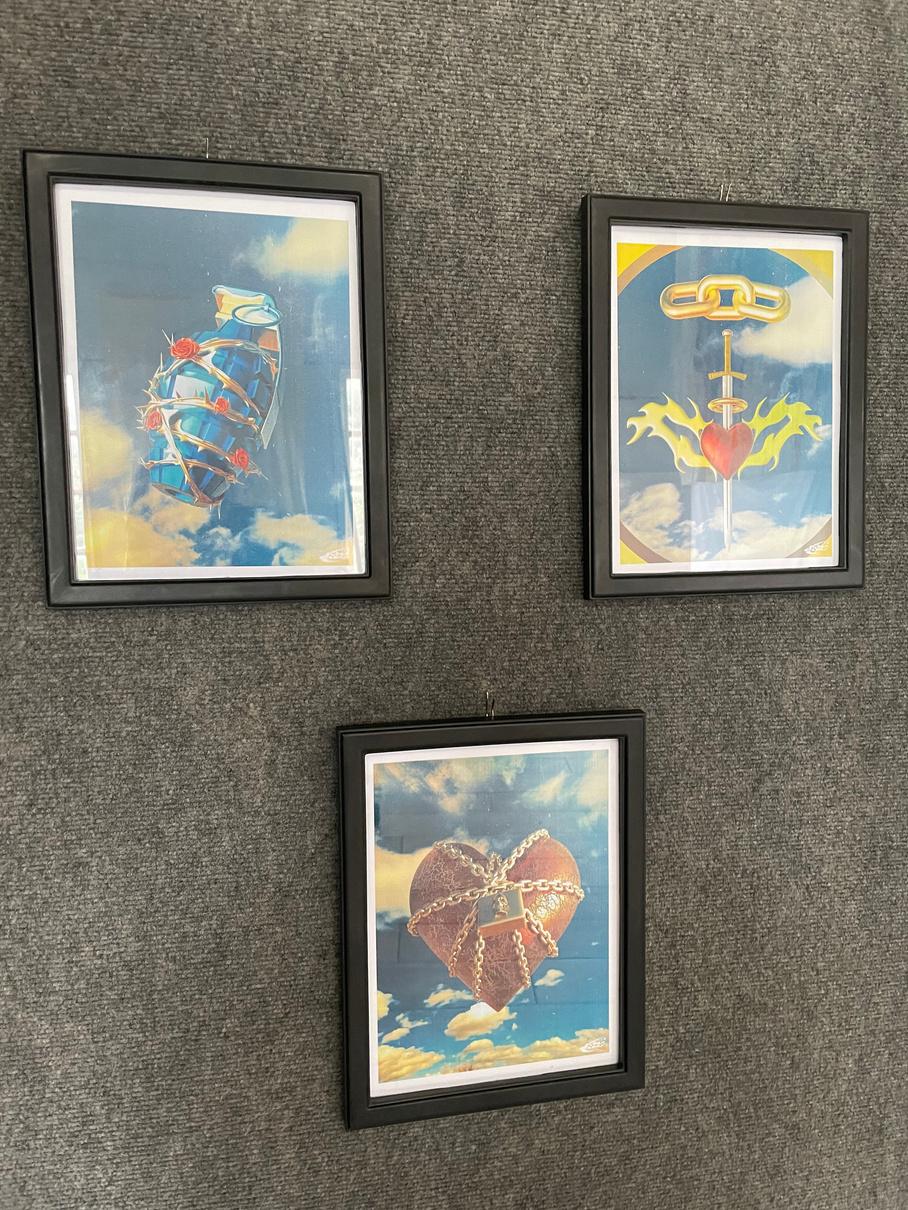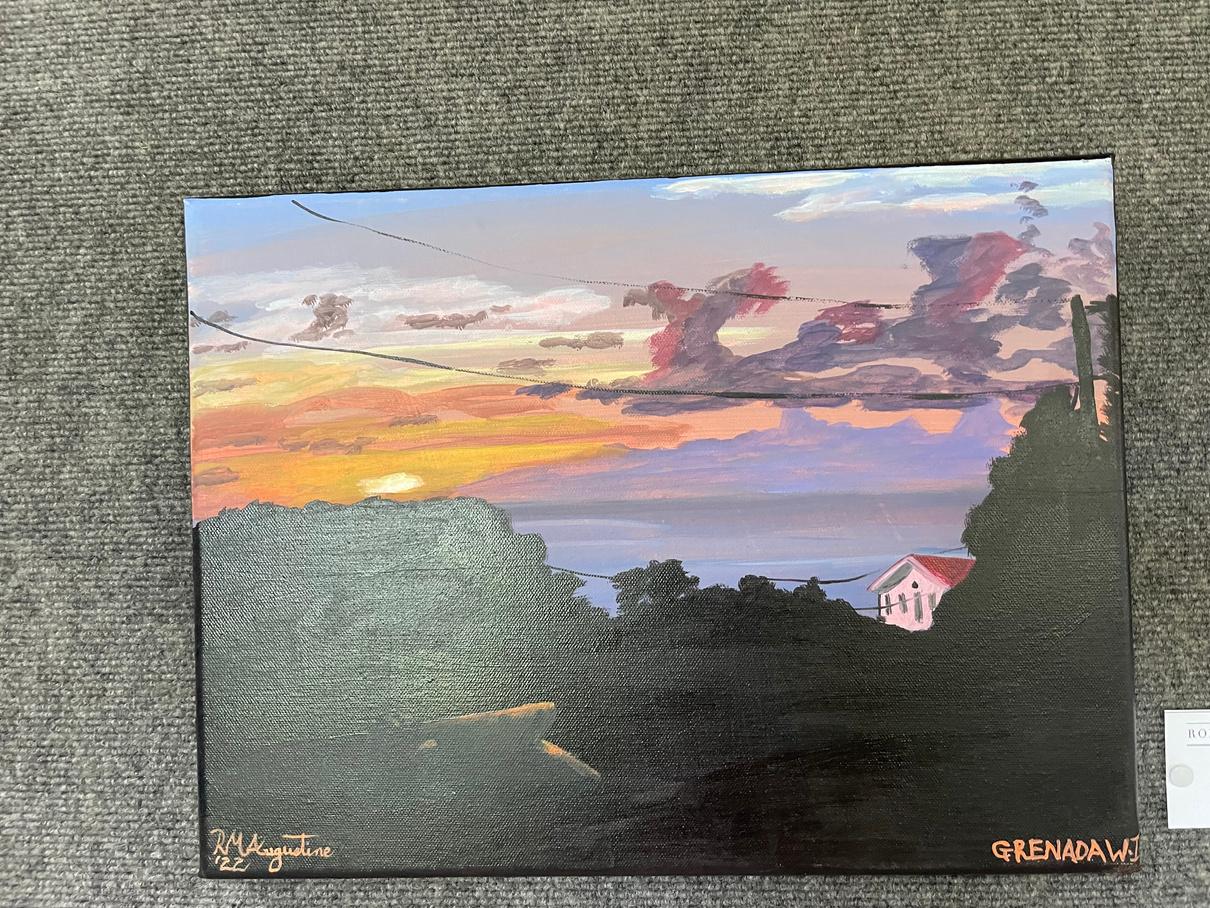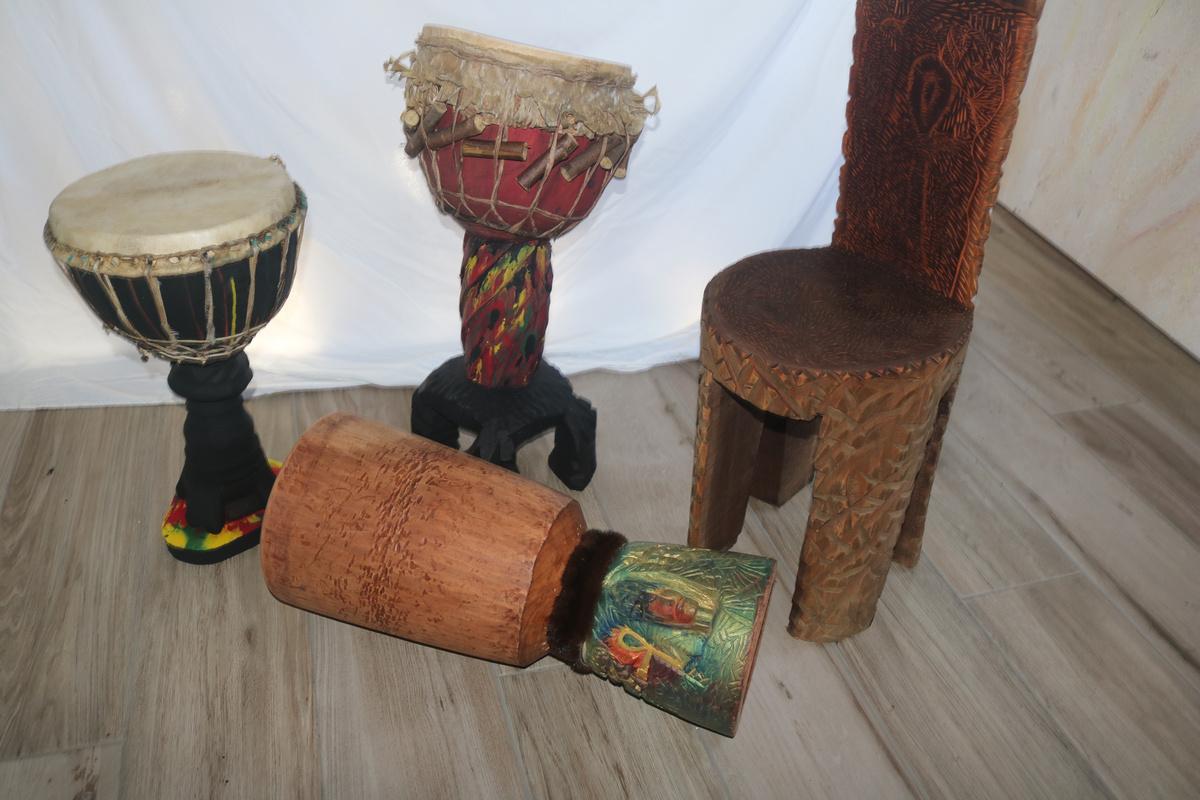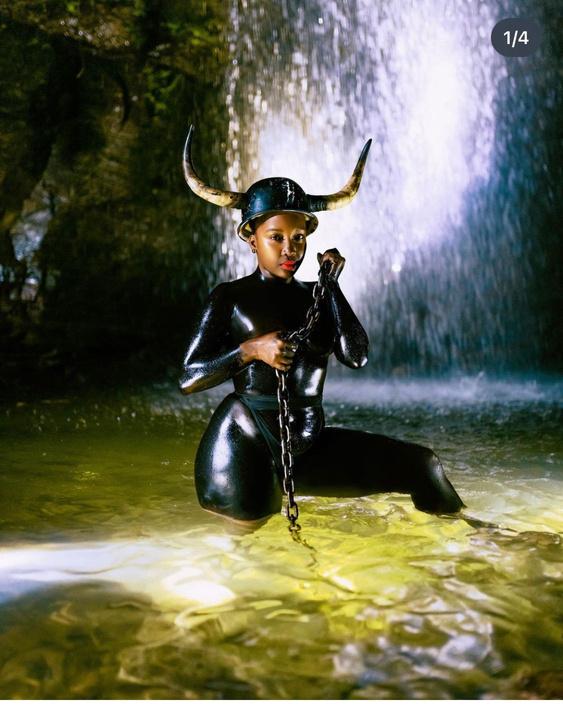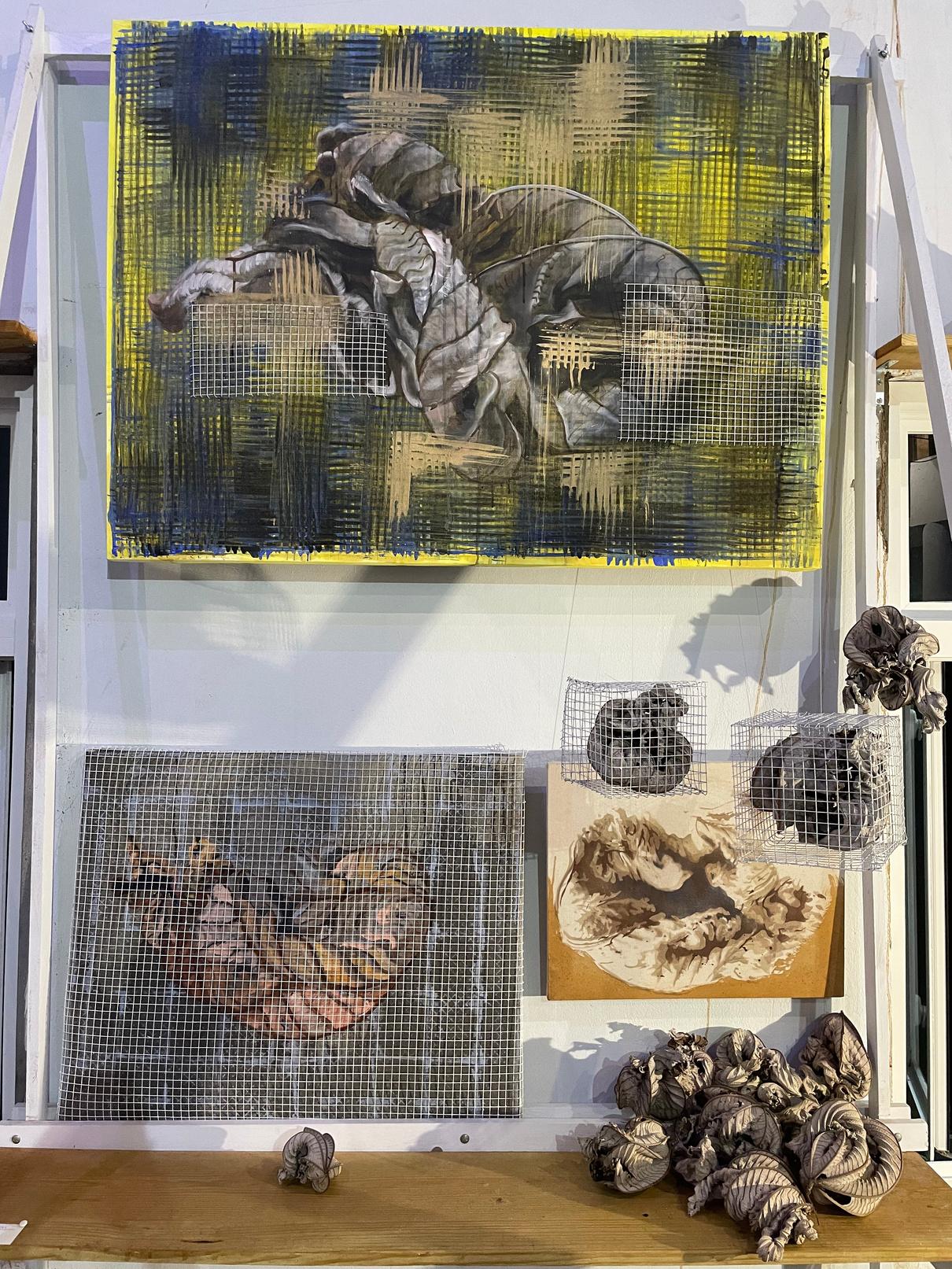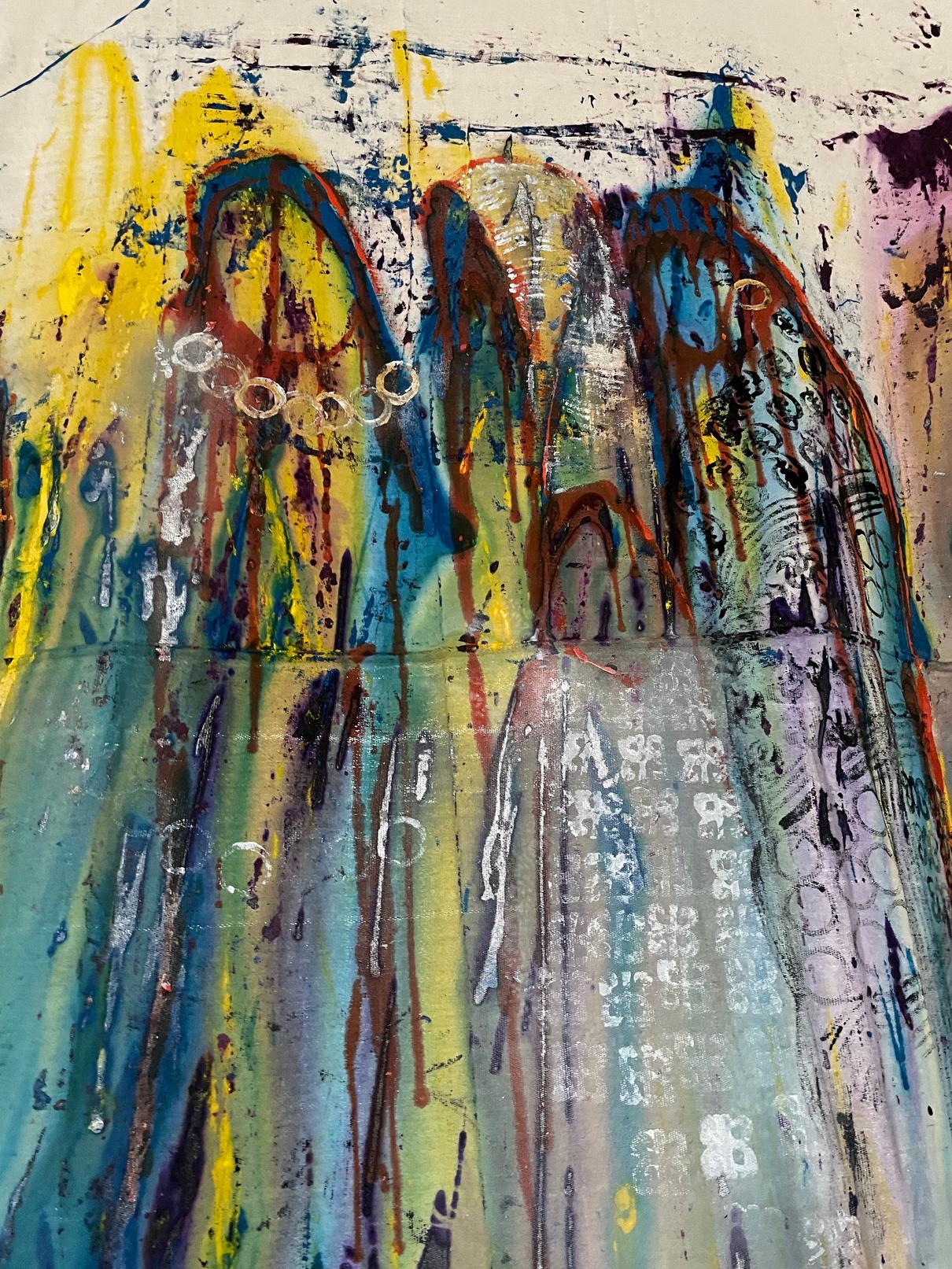

For the 6th iteration of the Grenada Contemporary exhibit hosted by Susan Mains Gallery and Art House 473, artists have responded to a call based on Aimé Cesaire’s poem, Calling the Magician. This text establishes the poet [and creatives] as conjurors of new reality based connections to other humans and to nature. Césaire prompts us to see the Caribbean civilisation as a re imagined social reality not defined by conventional symbols such as buildings, infrastructure, or industry. Writing amongst surrealists of the time, Césaire gives a nod to Andre Breton and a movement that found particular life and vitality in the Caribbean Aimé Césaire’s urgent call asks us to have an imagination, not only for what is possible in our Caribbean societies, but for a renewed recognition of the important role poetics and the arts play in our lives Césaire’s Calling the Magician (Richardson 119) resonates so beautifully in a time between the poetic call to romanticism, the revolutionary ideals of the surrealists, and almost a century of Caribbean literature. Césaire’s students at Lycée Schoelcher in Martinique, Frantz Fanon and Édouard Glissant continued his sentiments along with writers such as Derek Walcott, Wilson Harris, and many more. Bringing literature into focus for a curatorial theme for an art exhibit is exactly in line with the conceptual lineage of our Caribbean visionaries Glissant always ensured there was art displayed at conferences and talks he would organize and even collaborated with Hans Ulrich Obrist on art projects including an appearance at the Venice Biennale in 2003 (Obrist) Aimé Césaire was heavily involved with André Breton and the surrealists of the time The values and priorities of the surrealists suited Caribbean discourse, and still does, in the forms of rebellion, imagination, consideration of the human condition, and the creation of a new civilization

The artwork presented in this year’s Grenada Contemporary draws attention to, “ too much distance has been calculated here between things and ourselves ” the separation of humans from nature, the sublime, from history, from bodies, poetics, and the intangibles that are the foundations of our humanity The artwork shown in this exhibit represents the restoration of what Césaire refers to as the, “ catalyzing and dangerous power to the object…” The object being returned its “dignity of mystery” extends in two directions as we read Césaire. To Oscar Wilde in the past who wrote in The Picture of Dorian Grey, “To define is to limit”, (Nevile) and then forward to Glissant’s “right to opacity” (Glissant). The return to beauty and poetics is synonymous with a break with the Western industrial conceptual lineage The artwork defies easy categorization and labeling As with the call to relation, the artists involved offer pieces that demand the right to become what they have the potential to be The partial root of the word “comprehend” is from the Latin, “prehendere” meaning to take or to seize Resisting the need to be comprehended allows one to retain or hold one’s meaning, identity, or at least gives one control over what is allowed to be taken The poetic response, not only to Césaire’s writing, but also to this artwork made in reciprocity to volumes of Caribbean literature and art, is to remain open to what the work may become. Ask and inquire and relate to the work without immediate comprehension. I

began reading Césaire in 2005 amongst others and I can only describe the experience of revisiting these texts years later as emblematic of this process of becoming Glissant, in talking about the imaginary gives us,
“But thought, in reality, spaces itself out into the world It informs the imaginary of peoples, their varied poetics, which it then transforms, meaning, in them its risk becomes realized Thought draws the imaginary of the past: a knowledge becoming. One cannot stop it to assess it nor isolate it to transmit it. It is sharing one can never not retain, nor ever, in standing still, boast about.” (Glissant, 2021)
I think about this passage in particular as the artists have conjured their work into the world as a realized risk Now, that we have been invariably affected by their presence in the world now, our knowledge, without fully grasping or boasting is becoming The magicians have been called, a new attitude towards the object is formed, “Once generalized, this attitude will lead us to the great mad sweep of renewal.” (Richardson)
Richardson, Michael, and Aimé Césaire “Calling the Magician: A Few Words For a Caribbean Civilization ” Refusal of the Shadow: Surrealism and the Caribbean, Verso, London, 1996, pp 119 123 Obrist, Hans Ulrich. “Hans Ulrich Obrist on a Radically Utopian Museum Model That Has Yet to Be Realized and Why It's Worth Pursuing.” Artnet News, 8 Oct. 2021, https://news artnet com/opinion/edouard glissant hans ulrich obrist 2003069 Nevile, Jill, and Oscar Wilde The Picture of Dorian Grey Oxford University Press, 2008 Glissant Édouard, and Betsy Wing Poetics of Relation University of Michigan Press, 2021
Asher Mains, MFA









